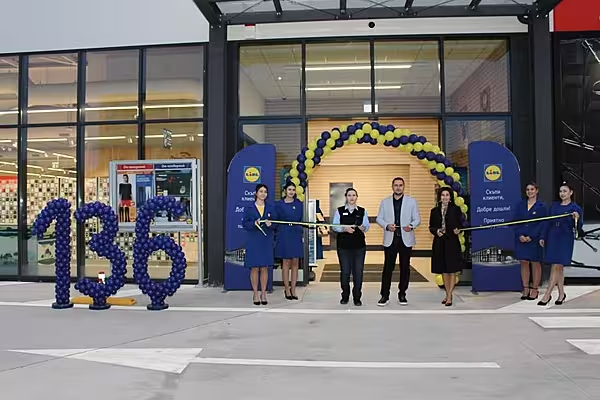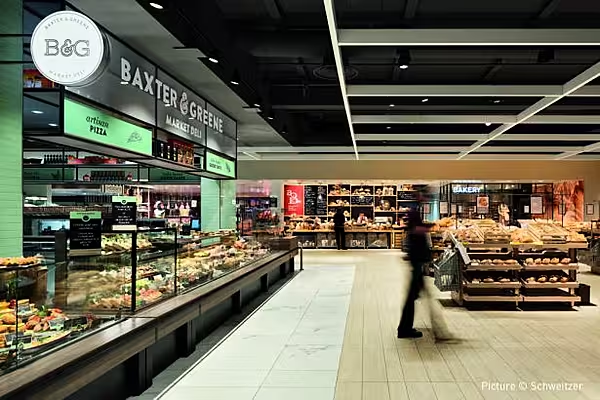Lidl is testing a joint retail sector project on flexible full-time working in Finland, according to Kaupan Liitto (the Confederation of Finnish Trade Unions).
The share of part-time workers in the retail sector in Finland is around 60%. In the grocery trade, the proportion of part-time workers is around 80%.
Flexible full-time work is a model agreed in the collective agreement for the retail sector, whereby an employee working less than 37.5 hours earns wages for the full month.
In exchange, the employee takes on the so-called 'flexi hours' in addition to the shifts on the roster to ensure that the total hours are equivalent to full-time work.
The discounter is also testing a regional vendor model.
Satu Ihalainen, HR manager at Lidl said, "We are quite excited about these models at the moment. We went into these because we want to engage our employees and offer options to suit different life situations. We have received positive feedback from both frontline staff and employees."
Lidl communicates the hours offered as 'flexitime' to its employees at least 24 hours before the start of the shift.
It also shares the place of business where the employee will work.
Regional Vendor Model
Lidl's regional vendor model offers shifts in two different ways.
In the first model, employees work in one or more locations in addition to their regular outlets, and the shift is usually planned.
In the second, employees are informed about the time of the shift, but the shop location is disclosed closer to the time of the shift.
"There are many models because we have different shops and very different environments. The flexible full-time working model is suitable, for example, for sudden additional work needs," Ihalainen said.
The discounter conducted pilots in the autumn of 2022 and plans to roll it out more widely this year.
Around 50 Lidl employees follow the flexible full-time or work as regional salespeople in Finland in Espoo, Lapland, and Central Finland.
Lidl aims to increase this number to 100 during this financial year.
Flexible Full-Time Work
Flexible full-time work has been 'well received' by employees, who said it includes a sense of relief at being able to work full-time and not having to wait for extra shifts.
The model not only provides regular pay, but also security, stability and variety.
"People have wanted to have that full-time job, but many have also appreciated the opportunity to meet new colleagues and gain experience in different locations," Ihalainen added.
In 2021, just over a third of Lidl's employees were full-time and two-thirds part-time, and 36% of part-time contracts were for 30 hours or more per week.
© 2023 European Supermarket Magazine – your source for the latest Technology news. Article by Dayeeta Das. Click subscribe to sign up to ESM: European Supermarket Magazine.














